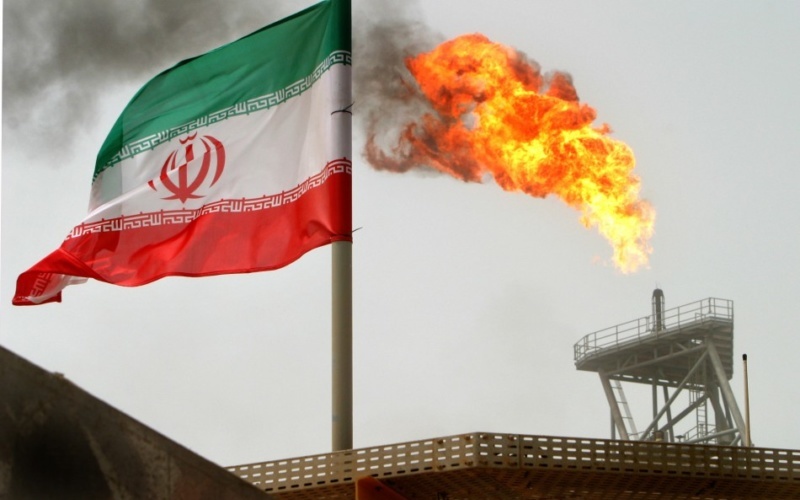A senior official has acknowledged that Iran’s top oil customers are not willing to rise their purchases amid US sanctions.
Deputy Oil Minister Amir-Hossein Zamaninia said of the eight countries which have received US sanctions waivers, provided they reduce their Iranian oil imports: “Because of U.S. pressures and financial clout these countries are not willing to buy even one additional barrel of oil beyond their waiver.”
On November 5 the US imposed comprehensive sanctions, including on Iran’s energy and financial sectors. The eight countries, receiving waivers until March, include Iran’s biggest purchasers China, India, South Korea, Japan, and Turkey.
Zamaninia tried to cover the significance of the admission by maintaining, “Despite U.S. pressures on Iranian oil market, the number of potential buyers of Iranian oil has significantly increased due to a competitive market, greed, and pursuit of more profit.”
But he also admitted that a European mechanism to ensure oil sales has not worked.
In the autumn, the European Union and Iran agreed a Special Purpose Vehicle to bypass US dollars in trade of oil. But the arrangement has stalled because no European country is hosting the SPV.
Zamaninia said the mechanism would be “helpful but could not resolve the problems since US influence will affect any European action”.
Foreign Ministry spokesman Bahram Qassemi lashed out on Saturday, “The Islamic Republic of Iran holds Europe definitely responsible for failing to implement the financial mechanism called the SPV.”
Tehran has resorted to selling oil on the stock market to private entities, with the Oil Ministry claiming that a pilot project moved 1 million barrels in early November and that 3 million barrels could be sold soon.
Iran Daily, Dec 27: Tehran — Private Companies Can Sell Our Oil
Since April, Iran’s oil exports have declined from about 2.5 million barrels per day to about 1.1 million bpd.
Last week the Parliament Research Center said Iran will have suffered a recession of 2.6% loss in GDP if oil exports have fallend by 800,000 bpd by March 20. If the fall is 1.6 million bpd, then the GDP decline will be 5.5%.
For the 2020-2021 Iranian year, the Research Center forecasts a contraction of 4.5% to 5.5%.
Iran Daily, Jan 5: Parliament Researchers Forecast 2.6% to 5.5% Recession by March 2019

